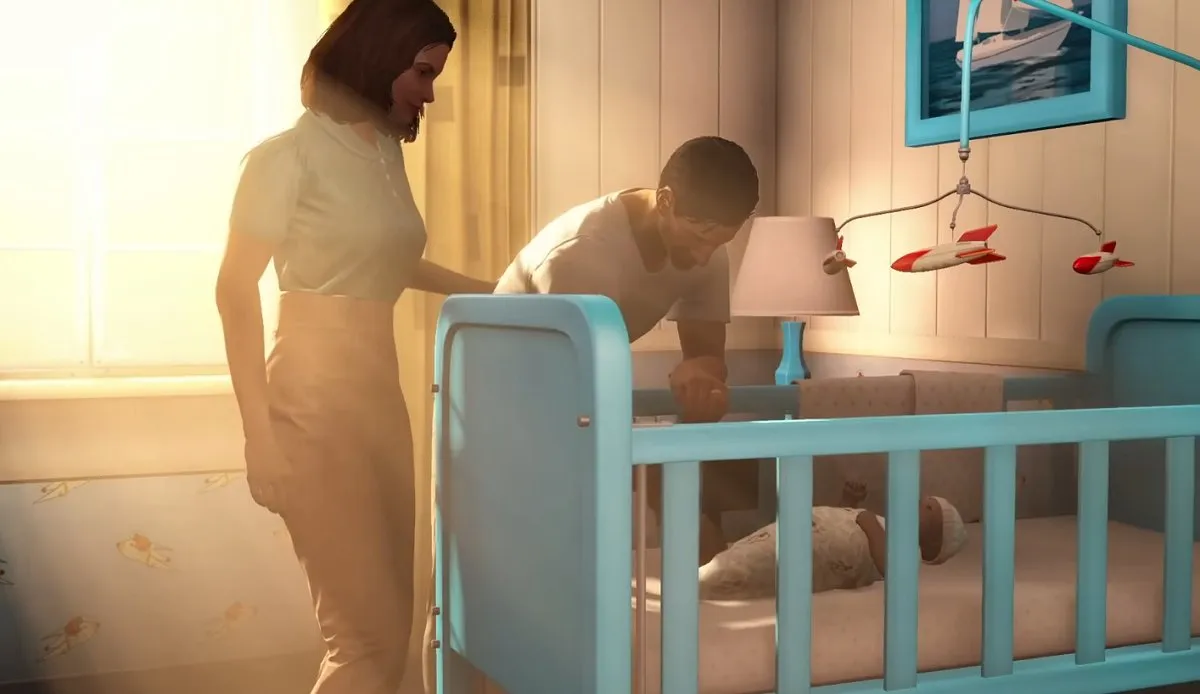Yesterday, we reported that Sony has taken legal action against hacker Geohot, a.k.a. George Hotz, for releasing hacks for the PlayStation 3 which allow anyone to run unsigned code through the system, potentially (though not necessarily) allowing PS3 owners to play pirated games.
Sony’s hardball legal tactics inspired immediate controversy on the web because it wasn’t entirely clear that Hotz had violated any law: In July, the Library of Congress ruled that jailbreaking electronic devices to run software unauthorized by the companies that made them is not a criminal act. Sony argues, however, that Hotz’s release of the hack violates the Digital Millenium Copyright Act.
Now, Hotz has a defender in the form of David Touretzky, a Carnegie Mellon professor of computer science. Touretzky is no stranger to controversy: An outspoken critic of Scientology, he has outraged the Church of Scientology by publishing information about the upper levels of the belief system and refusing to take it down despite legal threats. This time around, Touretzky is hosting a mirror of Geohot’s PS3 jailbreak in its entirety on his Carnegie Mellon webpage, and he challenges Sony to do anything about it.
Free speech (and free computing) rights exist only for those determined to exercise them. Trying to suppress those rights in the Internet age is like spitting in the wind.
We will help our friends at Sony understand this by mirroring the geohot jailbreak files at Carnegie Mellon.
…
Note to Sony lawyers: no doubt you’re eager to rack up another billable hour by sending legal threats to me and my university. Before you go down that unhappy road, check out what happened the last time a large corporation tried to stop the mirroring of technical information here: The Gallery of CSS Descramblers. Have you learned anything in ten years?
The Gallery of CSS Descramblers was posted by Touretzky in 2000 in the context of a lawsuit brought by movie studios against 2600 for publishing information about DVD decryption software which the studios said violated the DMCA; Touretzky’s gallery rendered the same information in various forms, and remains online to this day.
While Touretzky clarifies in his posting that his opinions are his own and not Carnegie Mellon’s, the university has supported him when he has taken on controversy in the past. Serving papers to a 21-year-old hacker is one thing, but it remains to be seen whether Sony is willing to take on this more difficult target. I wouldn’t be surprised if Touretzky’s example leads others to do the same.
(David Touretzky via Hacker News)








Published: Jan 13, 2011 09:14 am